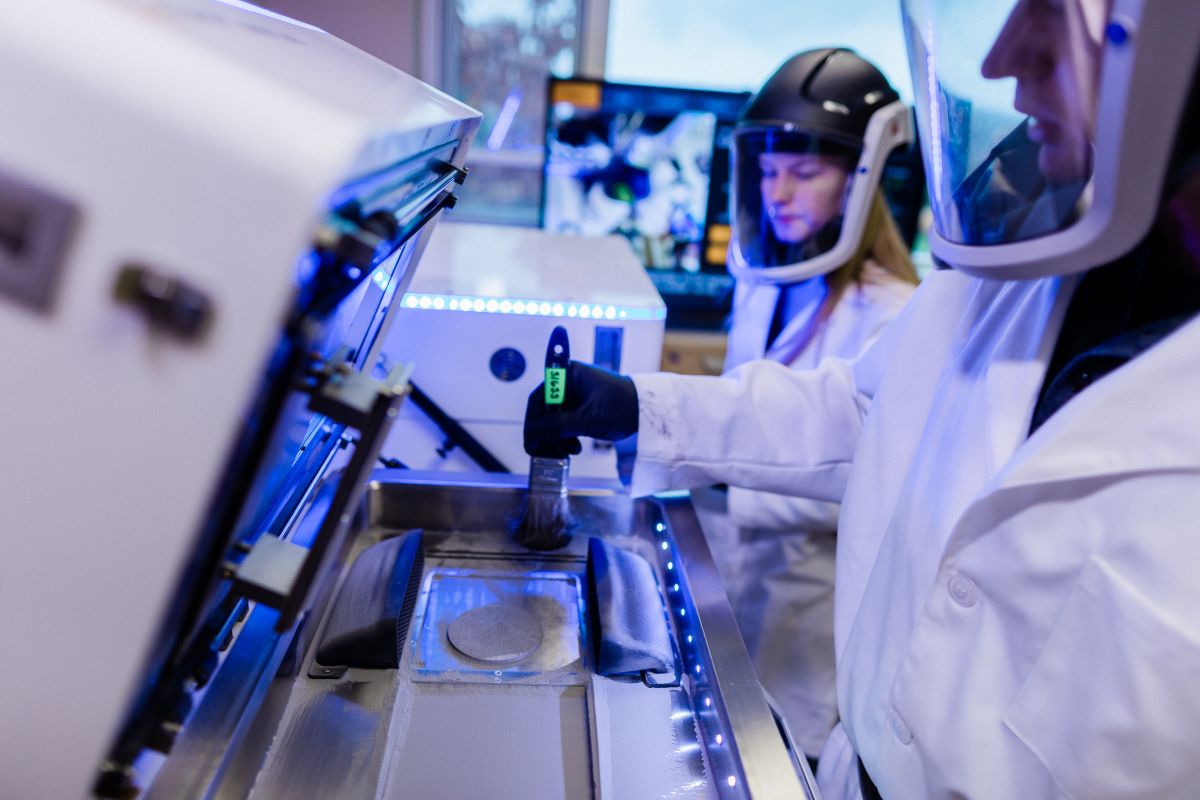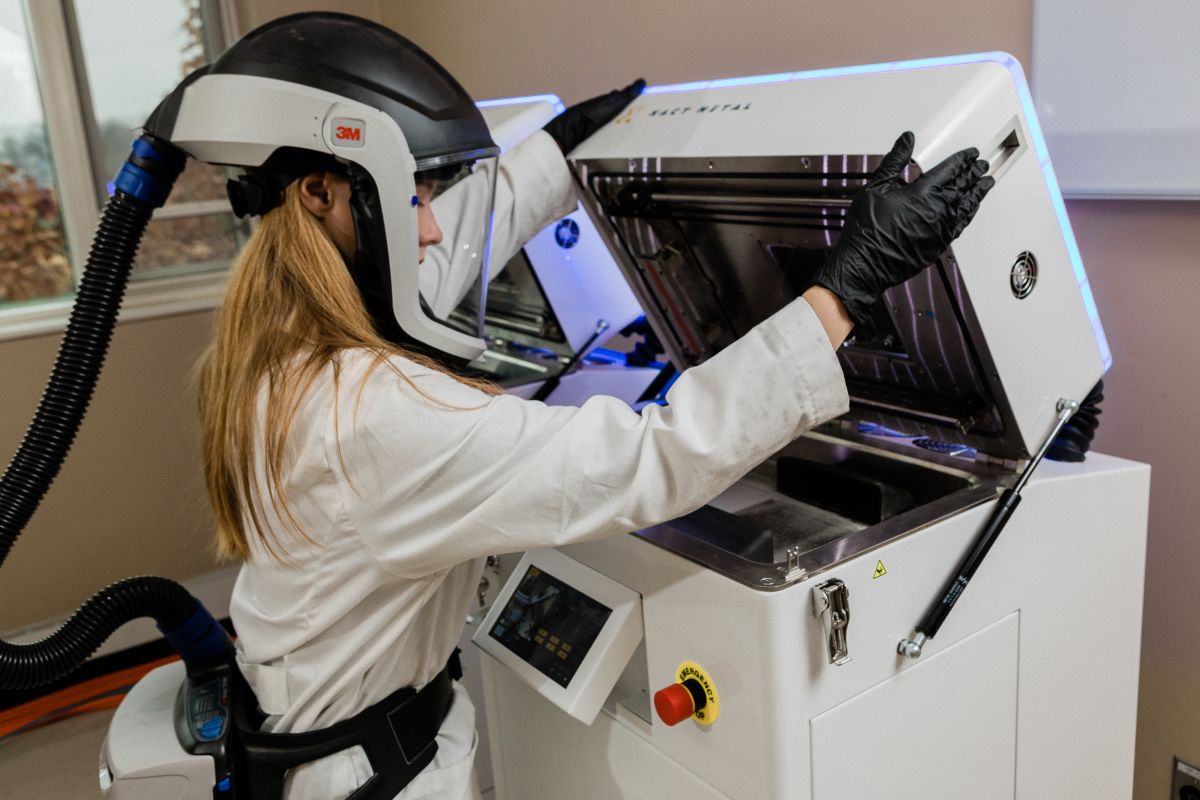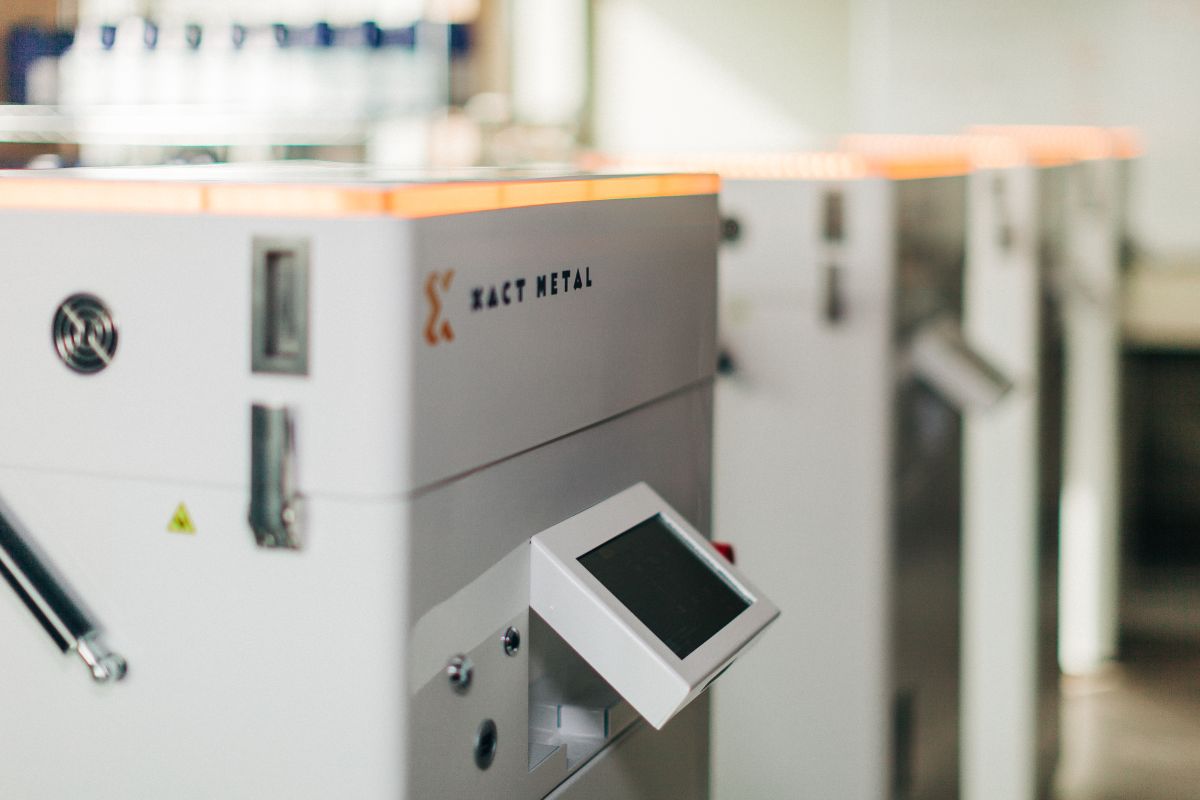By Stephanie Kalina-Metzger

Photo: Provided.
Management consultant Peter Drucker once said, “The best way to predict the future is to create it” and Penn State, through its Lion LaunchPad Microgrant Program, is helping students take charge of their futures by offering seed money to help them jumpstart their entrepreneurial dreams.
Starting a business and sticking around
Microgrants are provided through the Lion Launchpad initiative, sponsored by the Penn State Engineering Entrepreneurship Program, which offers a range of co-curricular programs to students interested in entrepreneurship and innovation. Ted Graef, director of the Penn State Engineering Entrepreneurship Program, said that students are given up to $500 in seed money, to help fund ideas in their earliest stages.
“Funds can be used to purchase materials to assemble prototypes, or to pay for design or coding services, or to apply for a trademark and other, similar expenses,” said Graef, adding that the funding also paves the way for students to be equipped to take part in business competitions at Penn State.
He said, “Our goal is simply to help the students start businesses.” He goes on to explain that many are lifestyle businesses that will stay in the State College Area after students finish school. “Granted, it may not be the same initial business. It’s more about getting them started and acquainted with the process of getting a business up and running.”
Graef explains that the current Lion LaunchPad microgrant program was made possible by Chris Jeffery, a Penn State alum who himself became an entrepreneur. Jeffery created Lion Menus, a precursor to GrubHub, which eventually bought the business. Jeffery later made a donation to the entrepreneurship program and was excited that the funds would help students get their own businesses started.
“He was all for helping them in real time,” said Graef.

Photo: Provided.
Proof of concept
Many students who have benefited from the Lion LaunchPad program have become quite successful in their fields. Graef tells the story of Matt Woods, co-founder and former chief technology officer of Xact Metal, a 3D metal printing company.
After an internship at SpaceX, Woods applied for and benefited from a microgrant for creating a prototype metal 3D printer.
Woods said in a prior interview, “This paid for machine time at the Bernard M. Gordon Learning Factory and for metal powders from eBay … At the time, that $500 felt like a mound of cash to work with.”
Xact Metal is now a growing company that, in 2019, was named The Emerging Business of the Year by the Chamber of Business and Industry of Centre County. It is headquartered at Innovation Park at Penn State and is dedicated to supporting the next generation of innovative solutions powered by metal 3D printing.
Graef referenced additional instances where microgrants have helped students.
“One student wanted to start a baking business and we bought him pans. Another was making Penn State-themed shoe charms for crocs and we helped her with the equipment to make them,” said Graef.
At the time, that $500 felt like a mound of cash to work with.
Bubune Owusu is one student who recently benefited from the microgrant program. The fifth-year student studying electrical engineering, with a minor in entrepreneurship and innovation (ENTI), founded a line of clothing called “Be Your Best” (BYB Clothing).
“I started the business as part of the ENTI minor and loved the process so much that I kept it going,” he said. Oswusu wanted to broaden his brand by dyeing his own fabrics and screen printing.
“The microgrant helped me attain a much-needed pot, hot plate and flash dryer, all of which made me more efficient and gave me the ability to use my creativity to set my brand apart from others,” he said, adding that without the grant it would have taken months to get the equipment and then extra time to develop the ability to effectively master the use of that equipment.

Photo: Provided.
Senior Sydney Turner is another student who benefited from a recent microgrant. The soon-to-be graduate is pursuing a double major in advertising and art, with a minor in ENTI. Through the SEDAPP program, she was able to pursue her entrepreneurial aspirations to start an art business. Thanks to the microgrant, the watercolorist was able to purchase a printer, ink and test papers to help create products for her business.
“The microgrant has been such a valuable asset to my new venture,” said Turner, adding that, thanks to the infusion of cash, she was able to make labels, art prints and stickers.
“Having a funding opportunity where needed supplies could be taken care of was crucial for my new venture’s success,” she said.
Looking toward the future
Graef said that, though the Lion LaunchPad program is solvent today, it may not be tomorrow.
“We are always looking for those who are willing to invest in the program to help these young entrepreneurs get their ideas off the ground,” he said, adding that one of these microgrants, which are seemingly a small amount of money to some, can make all the difference in the world to others, helping creative individuals overcome early-stage hurdles and enabling them to bring to life innovative and unique ideas that can power the future.

